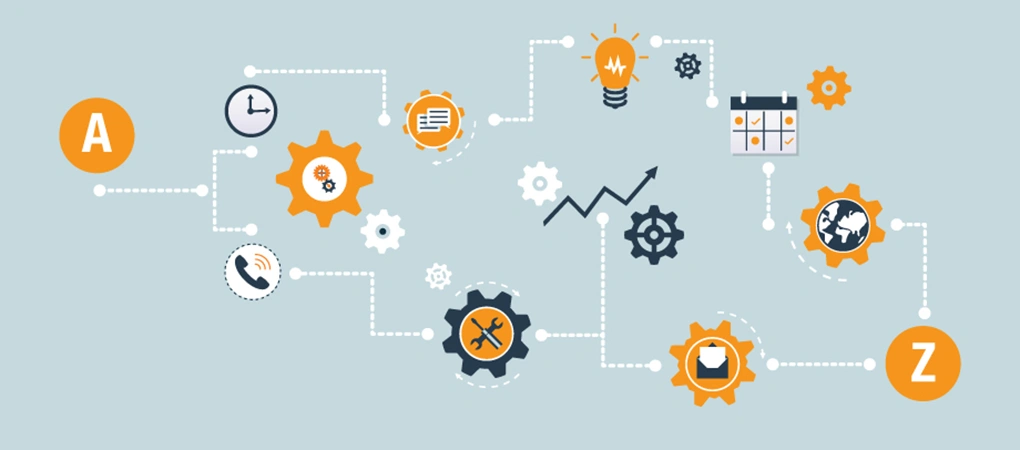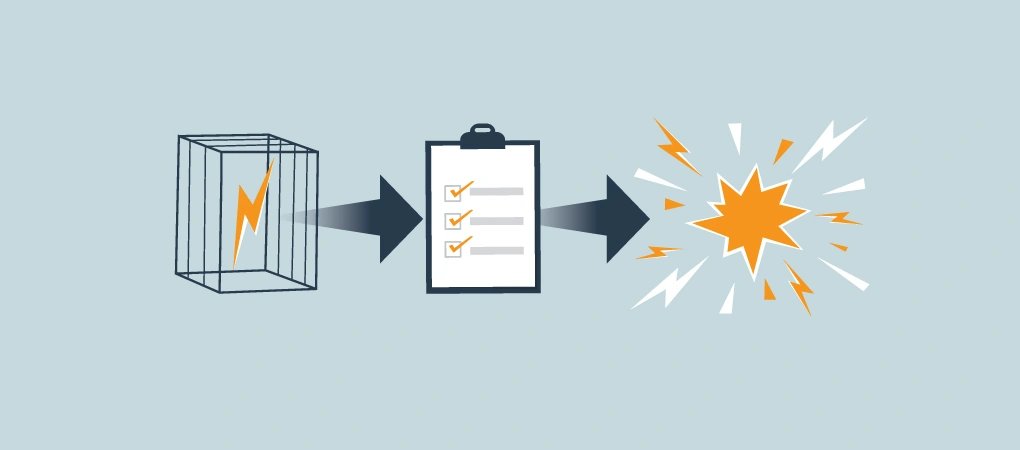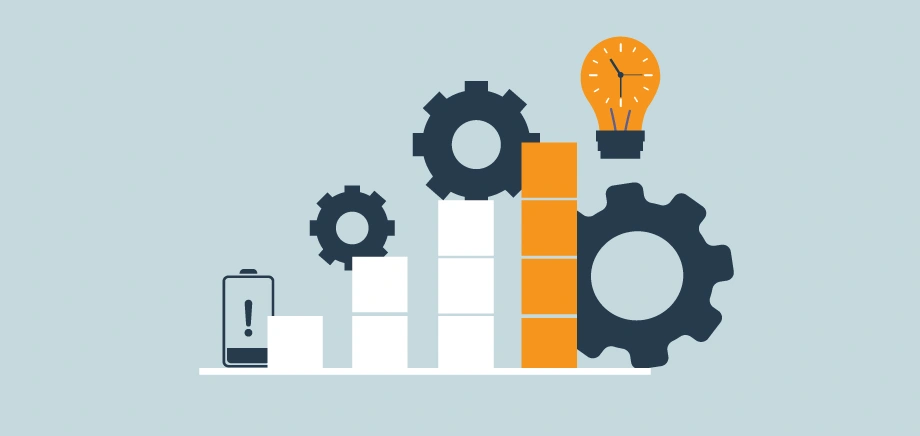Technology: Multiplier Or Drug?
Dan Sullivan

In a world of multiplier technologies, the possibilities are endless. So how do you avoid getting caught up in the complexity of thinking about them all? And how do you choose which ones to pursue?
In Strategic Coach terms, a true multiplier works as an extension of your Unique Ability — the thing you do best, love doing most, and get the best results from. You seek out multipliers simply because they will magnify your Unique Ability out into the world.
Rule One: Unique Ability.
This brings me to my first rule about searching for multipliers to develop: Don’t go outside of your Unique Ability.
You’re not necessarily the one who develops the multipliers — there are lots of skilled people who are happy to put you in the spotlight, and the number of people who are willing to transmit what other people say is always much greater than the number of people who have something to say. Just look at Twitter or Facebook, and you’ll notice that there’s a lot more content being passed around than there is being generated. So as someone with something to say, what you have to do is team up with other people who love to multiply your message.
Rule Two: Purpose.
My second rule is to never get involved in a technology unless you have a purpose for it.
You can use the same technology to warm yourself, to cook your food, to read by, or to burn yourself to death — it all depends upon what intention you have for it. I know a lot of technology-savvy people who love to experiment with every new device and program. They can talk for hours about them with you, and they know everything there is to know because they spend all their time investigating it all. They’re brilliant.
And they don’t make a cent at it.
Going on a technology bender.
There are a lot of people in the world who I think are addicted to this. But a multiplier should be a means, not an end. The end is whatever your goals would be even if there weren’t any technology around. So you’ve got to be totally clear about your goals first, and then look for anything that’s going to make it easier, faster, or cheaper to get there.
I don’t get confused by technologies because I’m not investigating 20 of them at once. I’m finding one, then mastering it over a year. And that’s a year well spent. Maybe there are 150 or 300 new, useful technologies developed in that year, but I don’t need them. My philosophy is that I need the technologies that I’m working on.
A lot of people are in a constant state of anxiety, worrying that there might be something out there they don’t know about. Technology can be an anxiety-producing phenomenon if you don’t have a clear head about it or have your wits about you. I think people get drunk on technology. It’s as addictive as any other addictive activity.
How much technology do you need?
We need to learn how to live in a multiplier technology world. That hasn’t been part of our education system because things never multiplied this quickly before. Things were scarcer, and there were more obstacles. But this new world is vast, and it’s only going to become more so.







